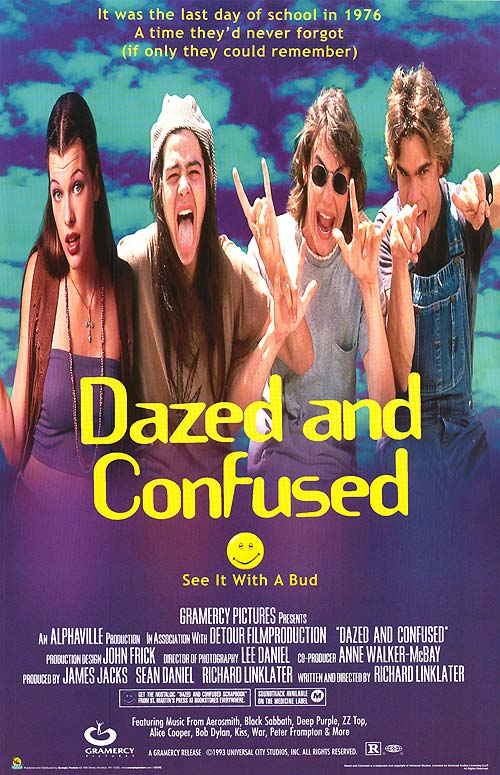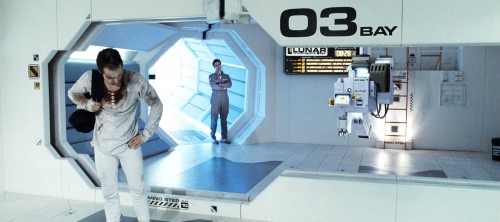Frank Darabont, who wrote and directed three of the best cinematic adaptations of the curiously difficult-to-film work of Stephen King — The Shawshank Redemption, The Green Mile, and The Mist — said something the other day that made me smile.
Following a film-festival screening of The Mist, an audience member asked the movie’s star, Thomas Jane, and Darabont about the movie’s incredibly bleak ending, specifically whether there was any right choice Jane’s character could have made under the circumstances. Darabont’s answer went like this:
“Whatever your interpretation is, that’s the right one. That’s why I made the movie. What do you think? Guess what, that’s the right answer. … Except for anyone who thinks that Rick Deckard is a replicant, they’re … wrong.”
I love it when a pro validates my opinion. Especially when it involves one movie director calling out another one for not really understanding his own damn movie.
(If you have no idea what I’m talking about, you must not be much of a Blade Runner fan. Ridley Scott, the director of that film, has long been pushing the notion that Deckard — the film’s protagonist, played by Harrison Ford — is himself a replicant, i.e., one of the synthetic people Deckard spends the movie hunting down and killing. But that interpretation completely invalidates the whole bloody point of that movie. Blade Runner is about empathy, about learning to put yourself in the shoes of somebody else and see the similarities instead of the differences. Deckard gradually comes to understand that the “skin jobs” he’s “retiring” are as human as he is, so he has no moral justification for murdering them, and in the end, he throws in his lot with the last of them by running away with Rachel. It’s a very humanistic movie… assuming that the lead character is, in fact, a human being. If Deckard is just another replicant, he experiences no moral growth, and the movie’s subtle, sensitive theme gets sacrificed for a cheap Twilight Zone-style twist. At least that’s how I see it.)







